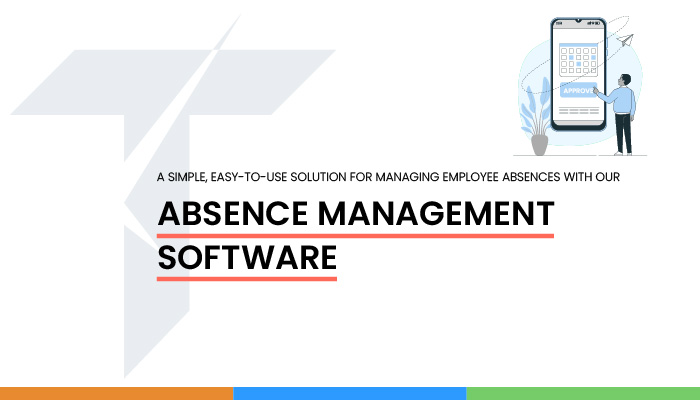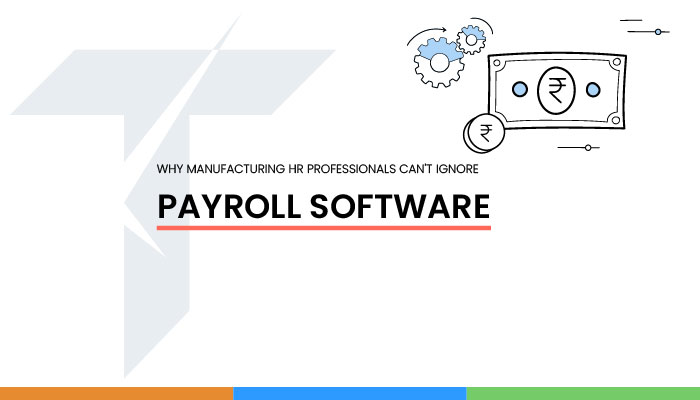
The Importance of Leave Policy Usage in Workforce Management
Effective workforce management is crucial for the success of any organization, and a well-structured leave policy plays a significant role in this. Here are some key reasons why the usage of a leave policy is important:
1. Employee Well-being and Satisfaction
A comprehensive leave policy ensures that employees have the opportunity to take time off for rest, personal matters, and health issues. This contributes to their overall well-being and job satisfaction, leading to higher morale and productivity.
2. Work-Life Balance
A clear leave policy helps employees maintain a healthy work-life balance. By providing adequate leave options, organizations show that they value their employees’ personal lives, which can reduce burnout and increase loyalty.
3. Legal Compliance
Adhering to labor laws and regulations regarding leave is essential to avoid legal issues. A well-defined leave policy ensures that the organization complies with local, state, and national laws, protecting both the company and its employees.
4. Consistency and Fairness
A standardized leave policy promotes fairness and consistency in how leave requests are handled. This helps prevent favoritism and ensures that all employees are treated equally, fostering a positive work environment.
5. Operational Efficiency
Proper leave management helps in planning and maintaining operational efficiency. By tracking leave usage, managers can anticipate staffing needs and ensure that there are no disruptions in the workflow.
6. Employee Retention
Organizations that offer generous and flexible leave policies are more likely to retain their employees. When employees feel supported and valued, they are less likely to seek employment elsewhere.
7. Health and Safety
Encouraging employees to take leave when they are unwell helps prevent the spread of illness in the workplace. This is particularly important in maintaining a healthy and safe work environment.
8. Boosting Productivity
Employees who take regular breaks and vacations tend to be more productive and creative. A leave policy that encourages taking time off can lead to refreshed and motivated employees who perform better.
Common Types of Leave Policies
- Annual Leave/Vacation Leave
- Paid time off that employees can use for vacations, rest, or personal activities. The amount of annual leave typically accrues based on the length of service.
- Sick Leave
- Paid or unpaid leave granted to employees when they are ill or need to attend medical appointments. This helps ensure that employees do not come to work when they are unwell.
- Maternity/Paternity Leave
- Leave granted to new mothers and fathers around the birth or adoption of a child. This leave can be paid or unpaid, depending on the organization’s policy and local regulations.
- Parental Leave
- Extended leave for parents to care for their newborn or newly adopted child. This can include both maternity and paternity leave and may be paid or unpaid.
- Bereavement Leave
- Leave granted to employees to grieve and manage affairs after the death of a close family member. This leave is typically short-term and may be paid or unpaid.
- Personal Leave
- Leave that employees can use for personal reasons, such as attending to family matters, moving, or other personal obligations. This can be paid or unpaid.
- Unpaid Leave
- Leave granted without pay, which employees can use for various reasons when they have exhausted their paid leave options or need additional time off.
- Study Leave
- Leave granted to employees to pursue further education or training. This can be paid or unpaid and is often used to enhance the employee’s skills and knowledge.
- Sabbatical Leave
- Extended leave, often unpaid, granted to employees for personal growth, research, or other long-term projects. This is usually available to employees after a certain period of service.
Tempus Central offers flexibility in creating customized leave policies to suit customers’ unique requirements.
































